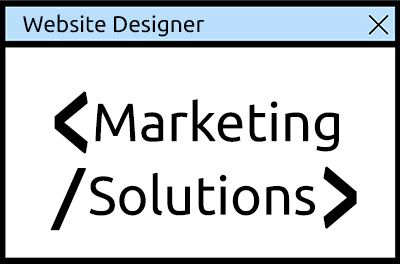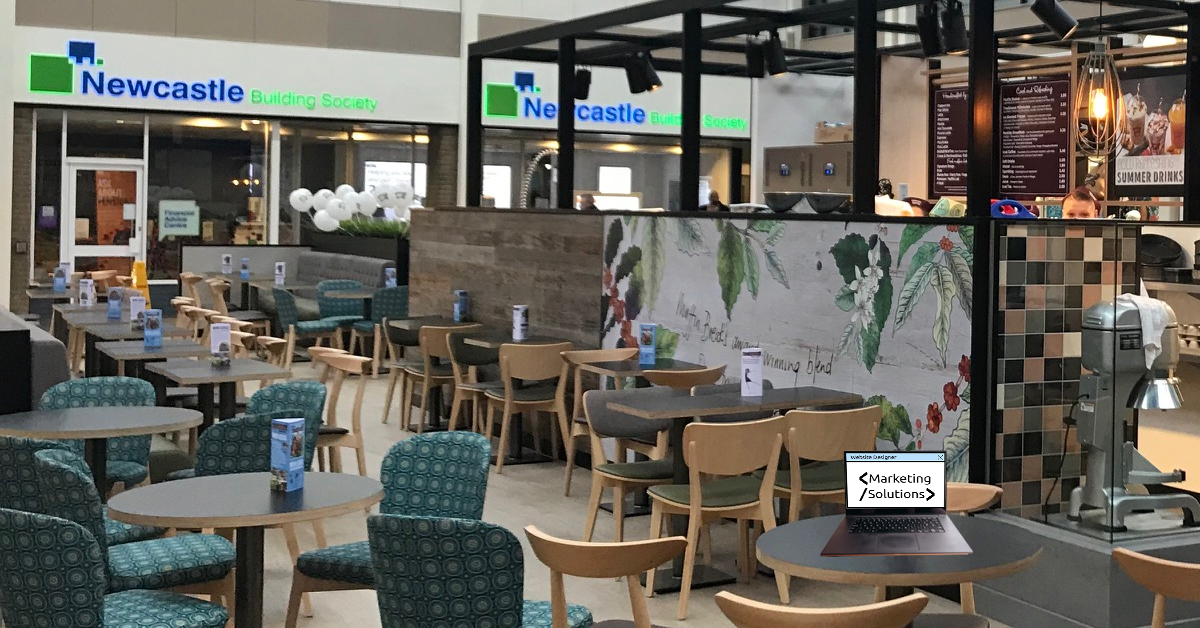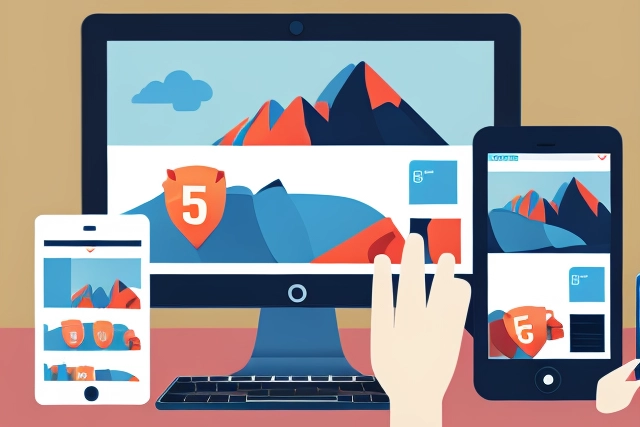Facebook Pages are the most straightforward way for businesses to have a presence on the Facebook social networking website. A Page is similar in its appearance to a standard Facebook profile (which are used by individuals who join Facebook), except that it’s designed to be the Facebook profile of a business.
People are becoming comfortable with conducting an increasing amount of their online activities exclusively on Facebook. Rather than using a search engine to find a product or service they need, some people are simply asking their Facebook friends for recommendations, or doing a search on Facebook itself.
If you don’t have a Page set up for your business, you’ll be limited in how many of these potential customers can find you.
Begin the sign-up process by visiting the Pages area of Facebook. When you create a new account, try to choose a Page name that is as close to your real business name as possible. This will make it easier for people who you already do business with to find you on Facebook.
After you set up your Page, you can begin to build a following for your business. It’s important to keep in mind, however, that social networking tools such as Facebook are generally not very effective sales tools, at least in the traditional sense of the term “sales.” Facebook users who receive sales pitches on their Facebook walls tend to view the companies making them rather negatively. In fact, companies who try to use Facebook as a direct sales tool are quite often viewed rightly or wrongly, as “spammers.”
Instead, you would be better served by viewing your Facebook Pages as an opportunity to build a following or community around your business. For example, whenever someone follows or becomes a “fan” of your company’s Facebook Page, any time you post a status update or link or other item to your Page, your followers will get a notification in their main news feed. You can use your Page to announce new product offerings, sales or special offers that you may be conducting, or other interesting news about your business.
Resist the temptation to try to sell to these people by posting multiple status updates or notes every day. If your followers feel overwhelmed by the volume of updates from you (especially if it seems to them like some of the updates are “forced”, or not noteworthy information), there’s a good chance they’ll simply un-follow you, and you’ll lose Facebook as a means of reaching that customer.
You should also consider how your business’ Facebook Page provides a new way to engage in a dialogue with your customers and potential customers. Ask customers what kind of new products and services they’d like to see from you, or how they might want you to refine your existing offerings. Once the conversation is underway, you may find that a greater number of people participate.
Sometimes the “business intelligence” you gain from your Facebook Page is something you’d never be able to get any other way.
Facebook Pages
Get the Most From Your Facebook Pages



